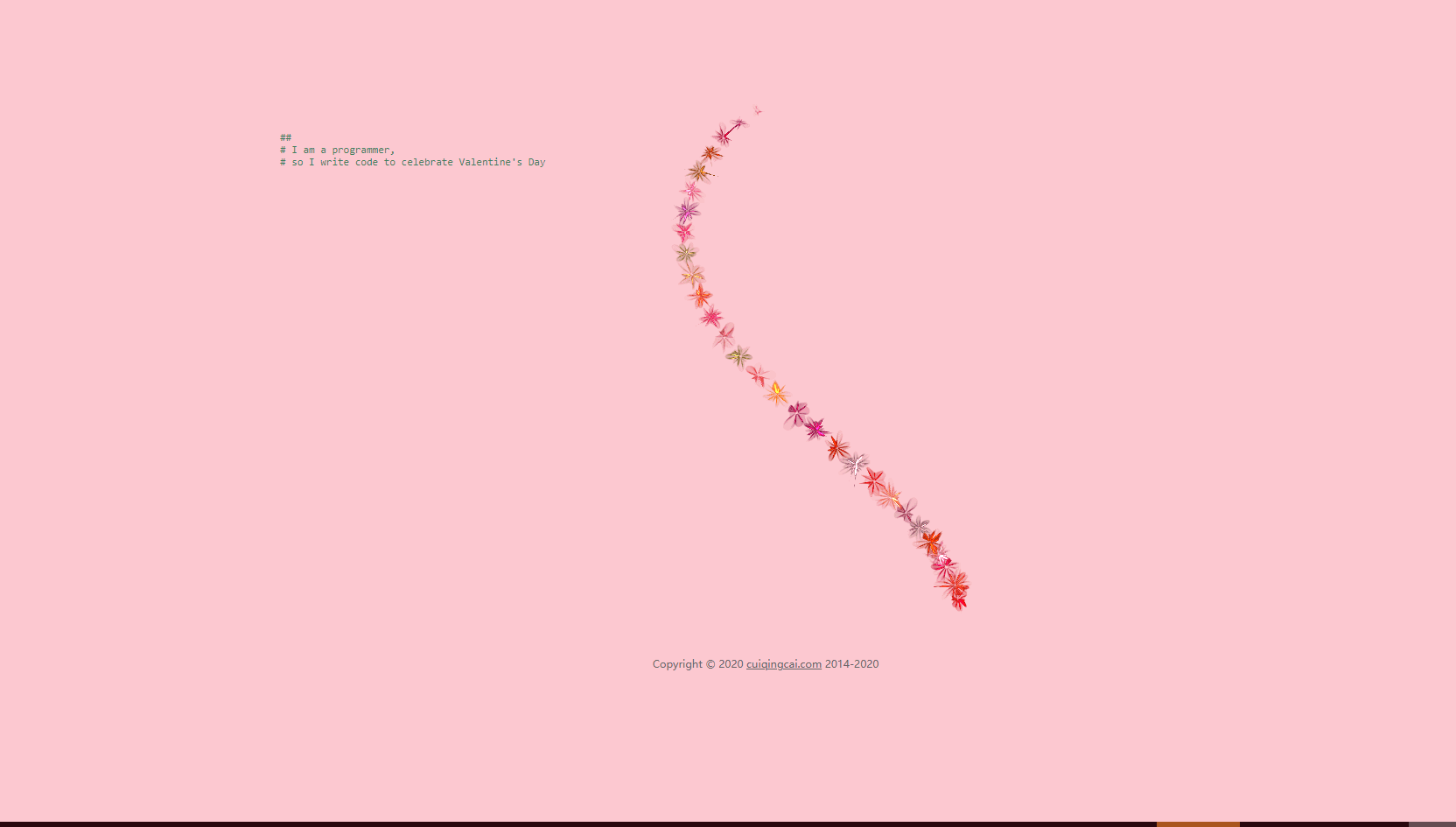
通道之间的数据传输 – Java NIO
通道之间的数据传输 – Java NIO
与通常在输入源和输出目标之间发生 IO 的普通 Java 应用程序一样,在 NIO 中,您也可能需要非常频繁地将数据从一个通道传输到另一通道。 文件数据从一个地方到另一个地方的批量传输非常普遍,以至于FileChannel类添加了两种优化方法,以使其效率更高。
FileChannel.transferTo()和FileChannel.transferFrom()方法
transferTo()和transferFrom()方法使您可以将一个通道交叉连接到另一个通道,而无需通过中间缓冲区传递数据。 这些方法仅在FileChannel类上存在,因此,在通道间传输中涉及的通道之一必须是FileChannel。
public abstract class FileChannel
extends AbstractChannel
implements ByteChannel, GatheringByteChannel, ScatteringByteChannel
{
// There are more other methods
public abstract long transferTo (long position, long count, WritableByteChannel target);
public abstract long transferFrom (ReadableByteChannel src, long position, long count);
}
您无法在套接字通道之间进行直接传输,但是套接字通道实现了WritableByteChannel和ReadableByteChannel,因此可以使用transferTo()将文件的内容传输到套接字,或者可以使用transferFrom()从套接字直接读取数据到文件中。
另外,请记住,如果在传输过程中遇到问题,这些方法可能会抛出java.io.IOException。
阅读更多: NIO 通道
通道之间的传输可能非常快,尤其是在底层操作系统提供本机支持的情况下。 某些操作系统可以执行直接传输,而无需在用户空间中传递数据。 对于大量数据传输而言,这可能是一个巨大的胜利。
通道间数据传输示例
在此示例中,我从 3 个不同的文件中读取文件内容,并将它们的合并输出写入第四个文件。
package com.howtodoinjava.nio;
import java.io.File;
import java.io.FileInputStream;
import java.io.FileOutputStream;
import java.nio.channels.FileChannel;
import java.nio.channels.WritableByteChannel;
public class ChannelTransferExample
{
public static void main(String[] argv) throws Exception
{
//Input files
String[] inputFiles = new String[]{"inputFile1.txt","inputFile2.txt","inputFile3.txt"};
//Files contents will be written in these files
String outputFile = "outputFile.txt";
//Get channel for output file
FileOutputStream fos = new FileOutputStream(new File(outputFile));
WritableByteChannel targetChannel = fos.getChannel();
for (int i = 0; i < inputFiles.length; i++)
{
//Get channel for input files
FileInputStream fis = new FileInputStream(inputFiles[i]);
FileChannel inputChannel = fis.getChannel();
//Transfer data from input channel to output channel
inputChannel.transferTo(0, inputChannel.size(), targetChannel);
//close the input channel
inputChannel.close();
fis.close();
}
//finally close the target channel
targetChannel.close();
fos.close();
}
}
将您的评论和建议放在评论部分。
评论
隐私政策
你无需删除空行,直接评论以获取最佳展示效果






的 Java 正则表达式)